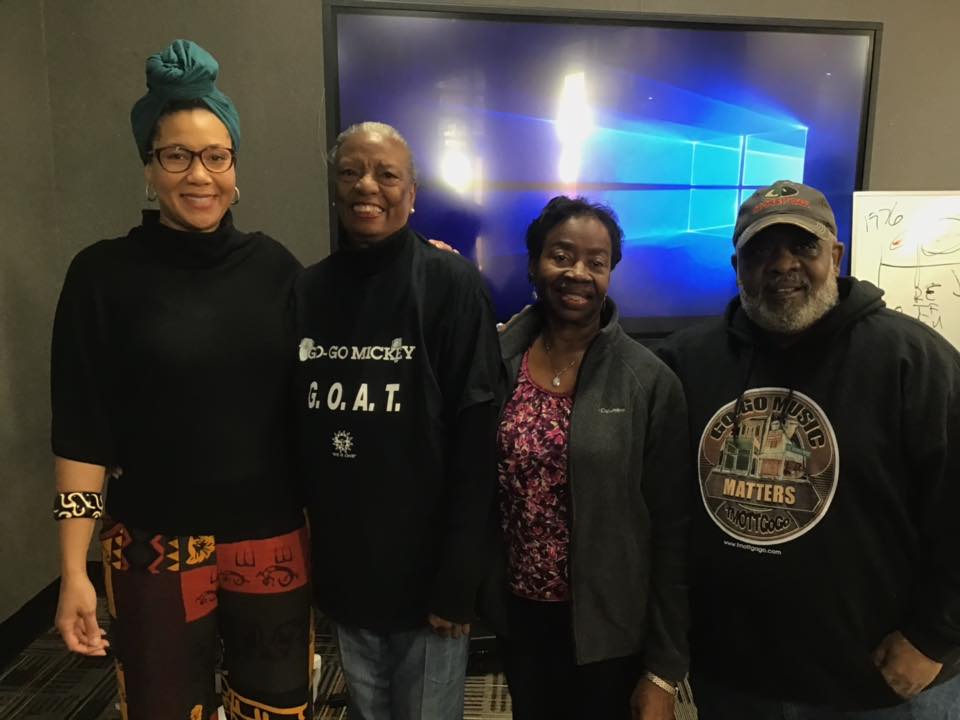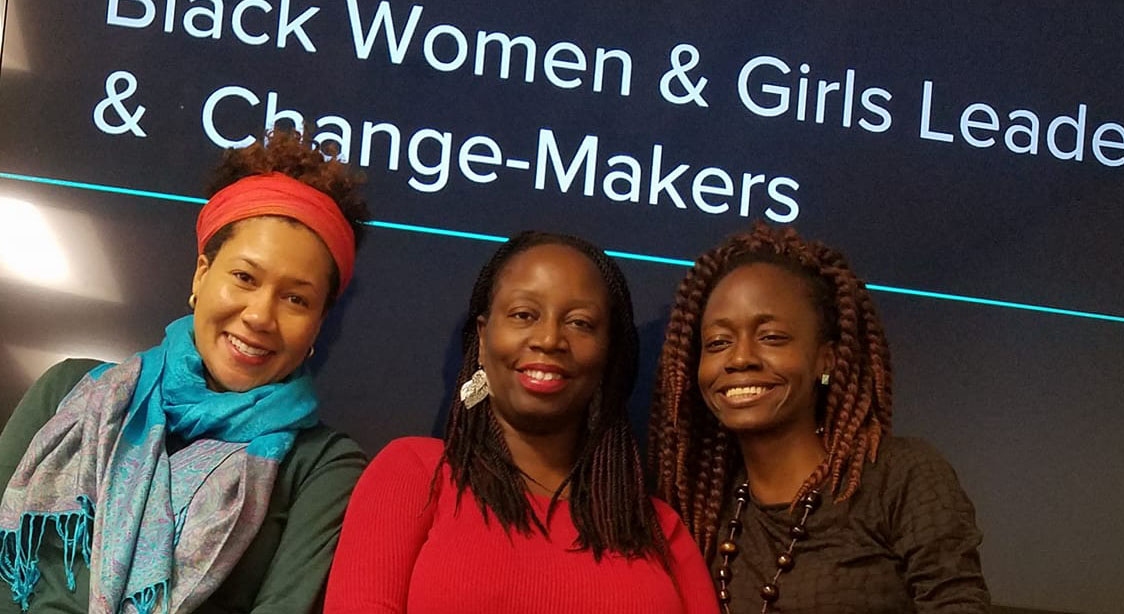To be of the community is to embody a personal, interactive knowledge and experience of the community such that one is recognizable as a community member (Mahdi, 2018). The construct stands in contrast to the ‘membership’ element of the classic Sense of Community theory (McMillan & Chavis, 1986), which emphasizes boundaries and other attributes that require power and privilege to maintain. Being of the community—as opposed to having membership—is especially relevant for community collaboration initiatives, in which issues of power and marginalization must be considered.
This framework was conceptualized based on research with the Go-Go music-cultural community, known for its localization to the Washington, D.C. region. Results of the 2017 study indicate that the marginalization of the community in its local sociopolitical context affects the applicability of the classic sense of community framework, specifically the membership construct.
Specifically, the development of the new framework necessarily accounted for the Go-Go community’s contextual intersection of: geographical location, the Washington, D.C. area; the historical era in which Washington, D.C. was majority-Black, 1970s through early 2000s; the perceived older age of the community; the perceived Blackness of the community; and the community’s connection to the entertainment industry.
The research findings suggest that this Of the Community framework is applicable to different types of communities, especially those that do not rely on boundaries to exclude others and maintain a power structure.


